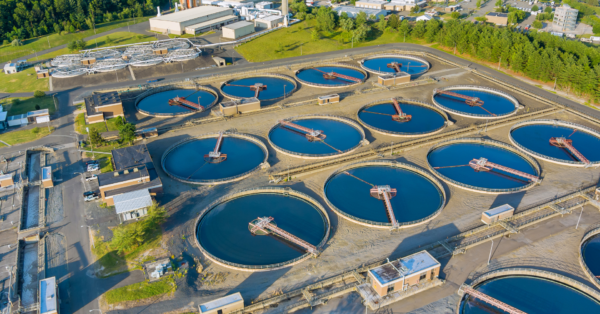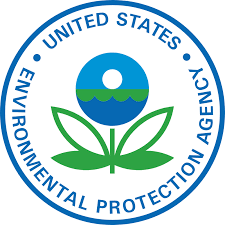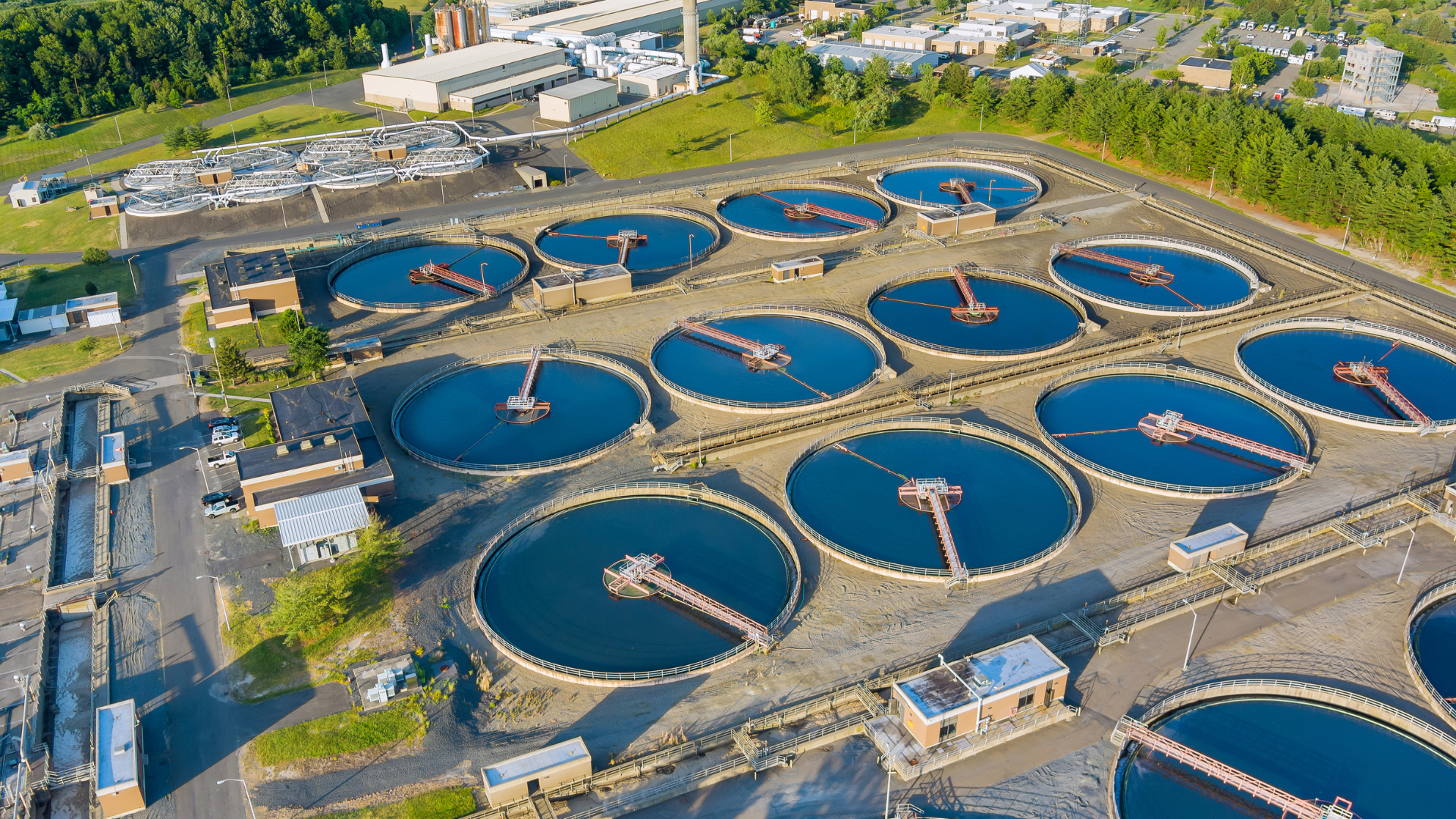 The recent warning issued by the Biden administration to governors across all 50 states regarding the vulnerability of water and wastewater facilities to cyberattacks underscores a pressing concern for national security. The White House's call for immediate action reflects the escalating threat posed by cyber criminals, with attacks attributed to countries like China and Russia causing alarm within government circles.
The recent warning issued by the Biden administration to governors across all 50 states regarding the vulnerability of water and wastewater facilities to cyberattacks underscores a pressing concern for national security. The White House's call for immediate action reflects the escalating threat posed by cyber criminals, with attacks attributed to countries like China and Russia causing alarm within government circles.
The urgency of the situation cannot be overstated. Recent incidents, such as the infiltration of the Municipal Water Authority of Aliquippa, Pennsylvania, by Iranian hackers, highlight the susceptibility of critical infrastructure to cyber threats. These attacks, often targeting industrial control devices, demonstrate a coordinated effort by foreign entities to exploit vulnerabilities in the nation's water supply systems.
 The ramifications of such breaches extend far beyond mere inconvenience. With most water systems lacking even basic cybersecurity measures, the potential for disruptive attacks poses a significant risk to public safety and national security. The Biden administration's proactive approach, involving agencies like the Environmental Protection Agency (EPA) and the Department of Homeland Security (DHS), underscores the gravity of the situation.
The ramifications of such breaches extend far beyond mere inconvenience. With most water systems lacking even basic cybersecurity measures, the potential for disruptive attacks poses a significant risk to public safety and national security. The Biden administration's proactive approach, involving agencies like the Environmental Protection Agency (EPA) and the Department of Homeland Security (DHS), underscores the gravity of the situation.
However, addressing these vulnerabilities is no small feat. With approximately 150,000 water treatment facilities nationwide requiring assessment and reinforcement, the task ahead is daunting. While the government is providing resources and support for improved cybersecurity measures, the challenge remains formidable, exacerbated by budgetary constraints and legal obstacles faced by many facilities.
Indeed, the reluctance of some entities to invest in cybersecurity, coupled with a reactive rather than proactive approach, has left critical infrastructure dangerously exposed. The recent flurry of government activity serves as a wake-up call to both public and private sectors, emphasizing the need for collaboration and vigilance in the face of evolving cyber threats.
Yet, the battle against cyber criminals is not confined to the realm of water infrastructure. From healthcare to transportation, no industry is immune to the threat of cyberattacks. As ransomware groups target businesses with increasing sophistication, the need for comprehensive cybersecurity measures has never been more pressing.
The protection of America's water infrastructure from cyber threats requires a concerted effort from all stakeholders. While government intervention is crucial, it must be met with a proactive response from industry leaders and businesses alike. Only through collaboration and a shared commitment to cybersecurity can we safeguard our critical infrastructure and ensure the uninterrupted delivery of essential services to the American people.
As a leading cybersecurity company, we recognize the urgent need for action in securing our nation's critical infrastructure, particularly our water and wastewater systems, against cyber threats. The recent warnings from the Biden administration serve as a stark reminder of the vulnerabilities we face and the potential consequences of inaction. Now is the time for decisive measures, not only from government agencies but also from industry leaders like us.




You must be logged in to post a comment.